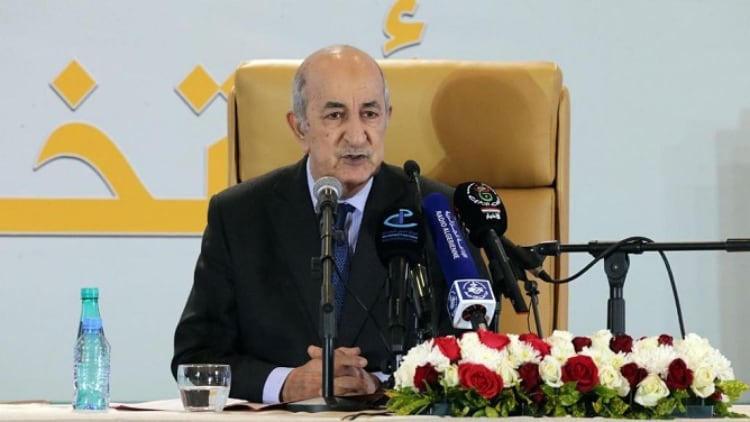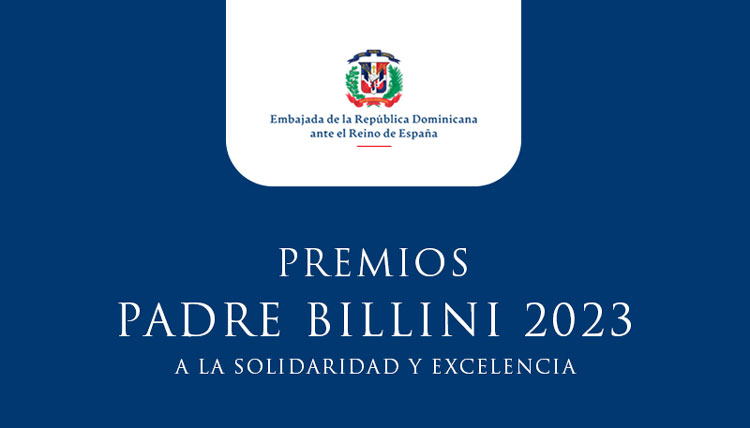Eduardo González
Yesterday marked exactly one year since Algeria’s decision to suspend the Treaty of Friendship, Good Neighborliness and Cooperation with Spain in retaliation for the decision of the President of the Government, Pedro Sánchez, to recognize the Moroccan autonomy plan for Western Sahara, a measure that allowed to revive the until then troubled relations with Morocco at the expense of relations with Algeria, the other major country of the Maghreb and traditional gas supplier to Spain.
In June 2022, events took off following the very serious diplomatic crisis that erupted between Spain and Algeria because of the Saharawi turnabout, which resulted, almost immediately, in the recall for consultations of the Algerian ambassador in Madrid. On June 8, President Abdelmayid Tebune announced the suspension of the Treaty of Friendship, Good-Neighborliness and Cooperation in retaliation for his “unjustifiable” support for “the illegal and illegitimate autonomy formula” proposed by Morocco for Western Sahara. In its first reaction, the government of Pedro Sanchez regretted this decision and assured that “Spain considers Algeria a neighboring and friendly country and reiterates its full availability to continue maintaining and developing the special relations of cooperation between the two countries, for the benefit of both peoples”.
On the same day, Algeria took another radical decision: the freezing of direct debits of “foreign trade operations of products and services with origin and destination in Spain”. As a consequence, the Minister of Foreign Affairs, José Manuel Albares, went to the European Commission and got the European Union to warn Algeria that the suspension of trade relations with an EU member could violate the Association Agreement between Brussels and Algiers.
Brussels’ support for Spain only made matters worse. In a June 11 communiqué, the Algerian government reproached Spain for having provoked the EU’s “regrettable interference” in a strictly “bilateral” issue. Likewise, the Algerian mission to the EU assured that the government of Abdelmayid Tebune had never considered freezing trade or gas supplies with Spain, a particularly important issue in the context of Russia’s war against Ukraine. Algeria has insisted at all times that it will fulfill its “contractual obligations” to supply gas to Spain.
In any case, José Manuel Albares acknowledged at the end of June that there was “a blockage” of commercial operations with Spain on the part of Algeria, “despite Algerian declarations saying that they were malicious fantasies on the part of Spain”, and warned that, with each case detected, the European Commission would be notified. Three months later, the Minister again acknowledged that there was still a “blockage” in some commercial operations between the two countries.
According to data from the Ministry of Industry, Trade and Tourism, collected by the Europa Press agency, exports to Algeria fell by 45.9% in 2022 with respect to 2021, from 1,888 million euros to 1,021 million. The trend has continued at the start of 2023 and up to March, the last month with data, only 30.2 million euros worth of exports had been made, compared to 472.9 million in the same period in 2022, a drop of 93.6%.
These data show that, despite the Algerian government’s alleged decision to reverse the freeze on banking operations with Spain, which prevented exports, trade with this country continues to be paralyzed. At the end of June, the Algerian Professional Association of Banks and Financial Establishments (ABEF) announced the lifting of restrictions on banking operations for foreign trade with Spain, but, only a day later, the Algerian Government overruled the Algerian banking employers’ association and warned that trade relations with Spain “are the exclusive prerogative of the State and not of professional organizations”.
Russia
To make matters worse, the bilateral diplomatic crisis (which has generated numerous clashes between the Government of Sánchez and the main opposition party, the PP, especially in the Congress of Deputies) became entangled with Russia’s war against Ukraine, after the First Vice-President of the Government and Minister of Economic Affairs and Digital Transformation, Nadia Calviño, declared that she was not surprised by the attitude of the Algerian Government towards Spain because the Maghreb country was “aligned with Russia” and the Minister of Agriculture (and former Spanish Ambassador to Morocco), Luis Planas, assured that the Algerian Government was receiving “pressure from other countries” and recalled the recent visit to Algeria of the Russian Foreign Minister, Sergei Lavrov.
The one who paid the price was Albares, who was immediately described as a “pyromaniac” by the official Algerian press agency APS for having implied that Russia was behind Algeria’s measures against Spain, despite the fact that the Foreign Minister had never made a single public statement linking Algeria with Russia and that, at all times, he had maintained a much more conciliatory position in favor of maintaining “the best possible relationship” with Algeria and resolving differences “through dialogue and diplomacy”.
Last February 24, Abdelmayid Tebune declared to several Algerian media that there was “nothing new” in the diplomatic crisis between the two countries and that relations remained at a standstill after the “false step” of the Government of Pedro Sanchez on Western Sahara. He also assured that the Treaty of Friendship is “frozen, but not canceled” and recalled that Algeria still maintains agreements in force with the Spanish Government, as it does with other countries such as Italy.
The president again regretted the “unfriendly act” of Spain against the right of self-determination of the Saharawi people and warned that “the Spanish people have nothing to do” with this crisis. “We maintain very good relations with them. We have great respect for the King of Spain and we continue to cooperate with other organizations”, he affirmed. “Personally, I feel sorry for the current state of relations, but Algeria is not at the origin of this crisis,” he concluded.







